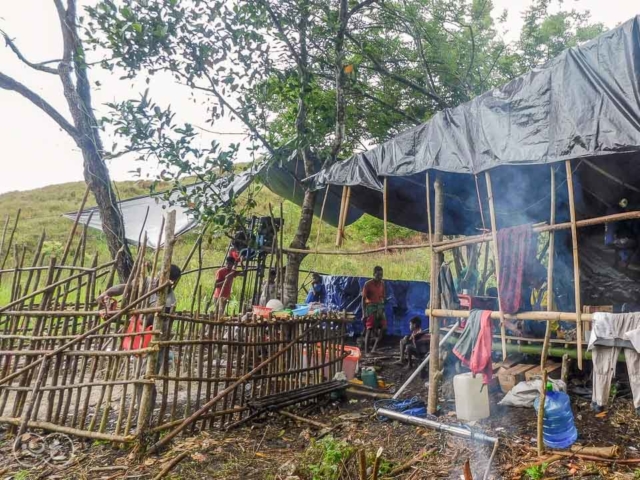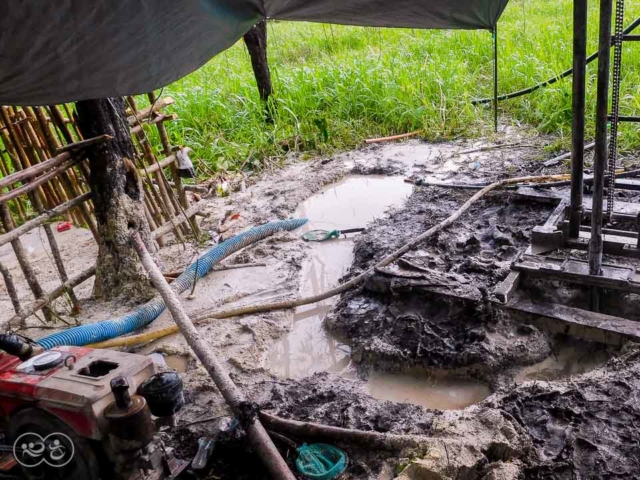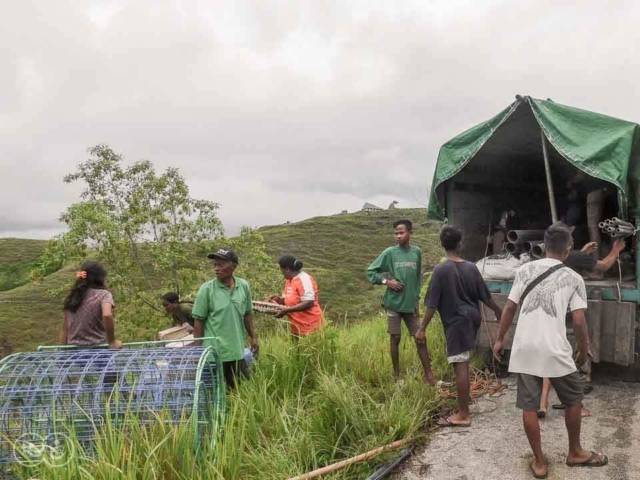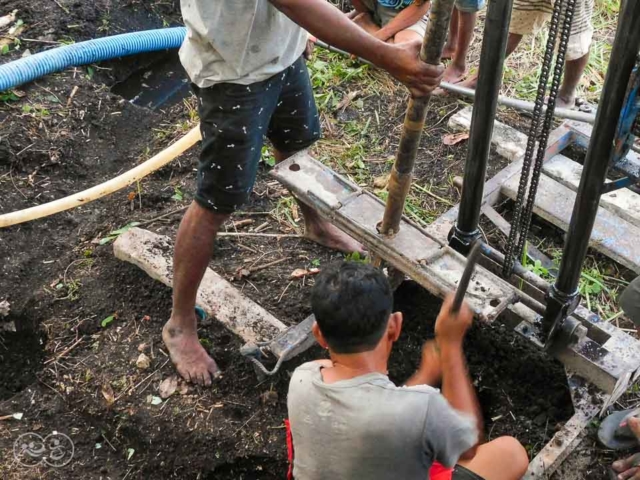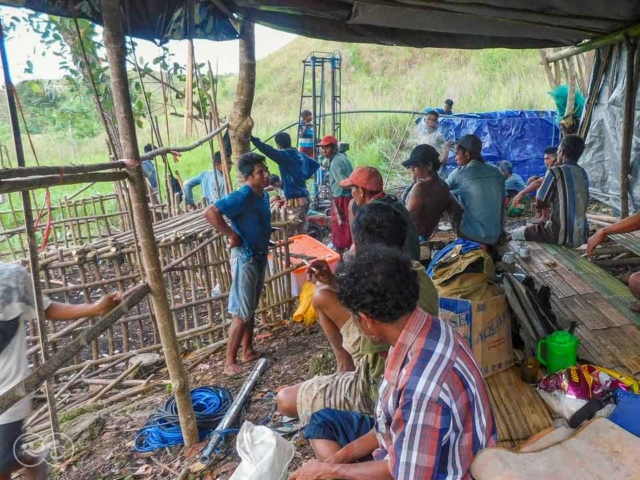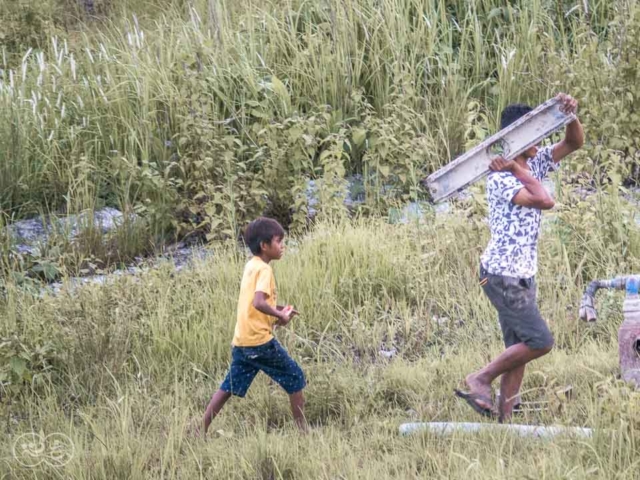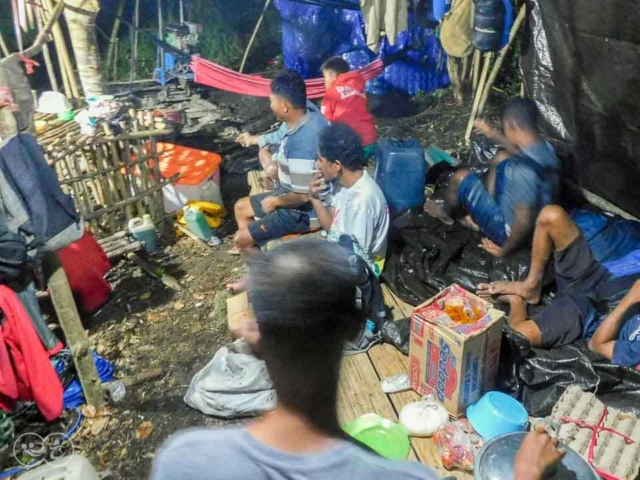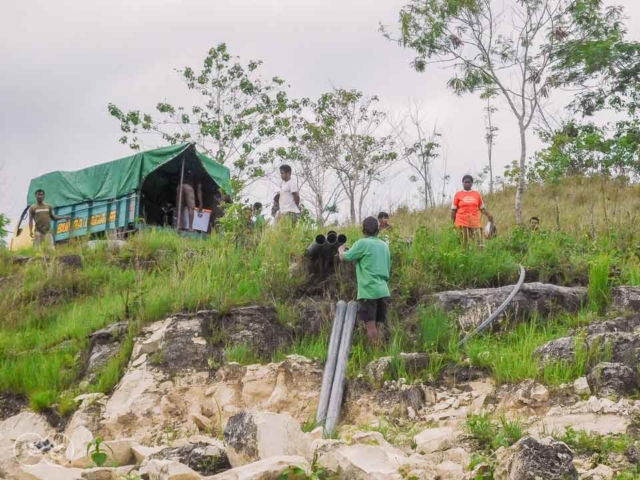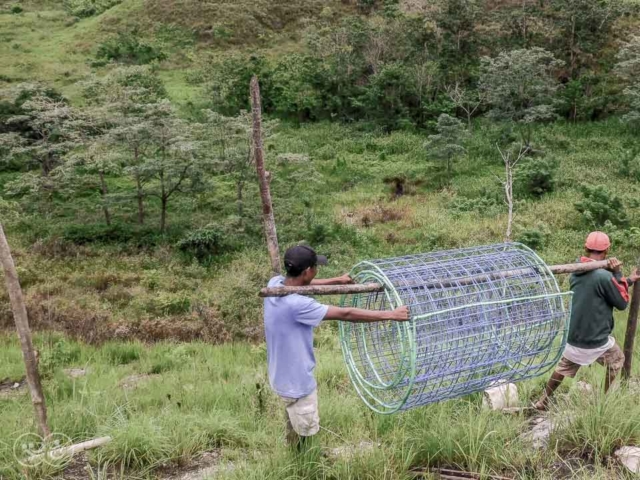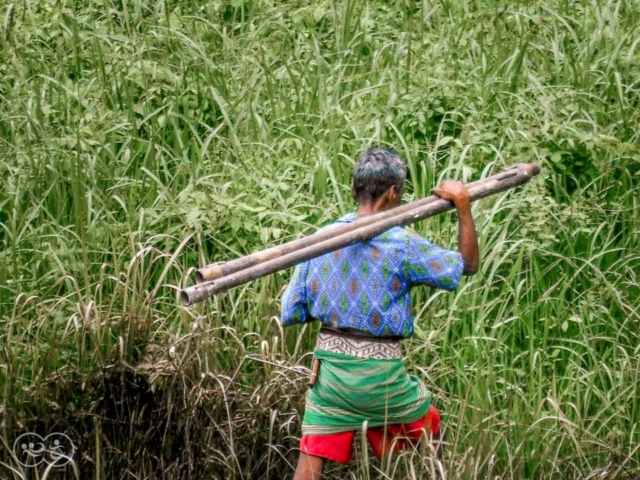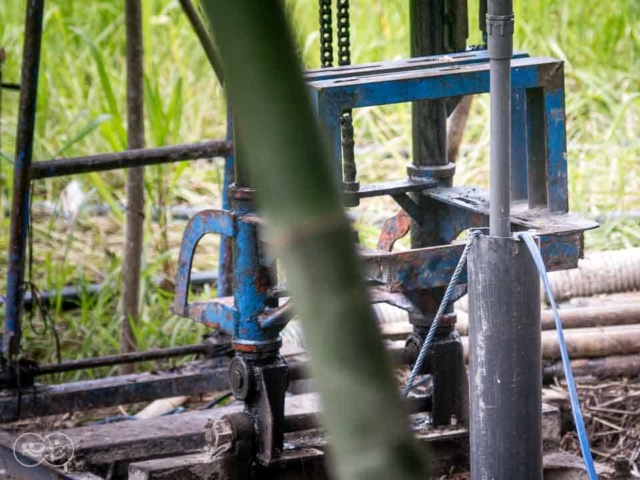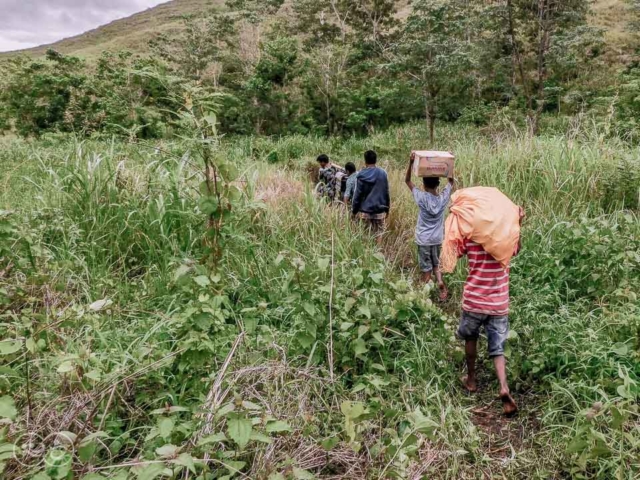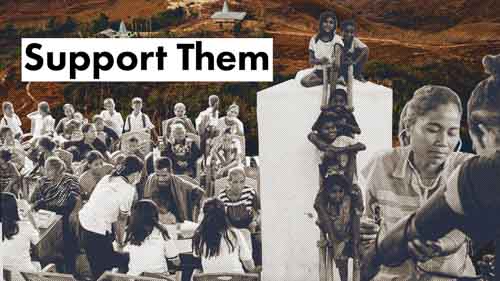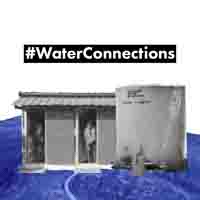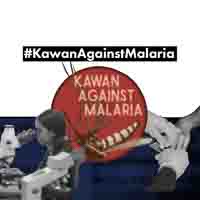Sumba is the region of Indonesia where access to water is the most difficult, a desperate situation for tens of thousands of families.
The source of the water crisis in Indonesia is not water scarcity but the lack of access to clean and affordable water.
To get water, the inhabitants of the rural areas in which the Fair Future and Kawan Baik foundations develop and implement the “Water Connections” program have only one choice: Consume rainwater when it rains, or water available. Either water unfit for consumption, often stagnant for days, and of a color that will not invite anyone to drink it or even cook it. So you have to go and find it deep in the ground. That’s what we do here in East Sumba
First of all, what is a borehole for us here?
A borehole is a vertical well of narrow diameter used to extract water so that the local populations of East Sumba can have it as part of the project that Fair Future and Kawan Baik foundations have been carrying out for more than a year.
The drill holes are carried out using our drill rig, which we acquired in April 2022, which can drill in unconsolidated sediments and consolidated rock to a depth of approximately 180m. To do this, we first need to reach the aquifers, which are underground geological bodies of rock or sediment that hold groundwater, and that is what we are targeting for water supply.
The situation that leads to having to fetch water from the deep layers of the earth here can be described in one word: Pollution. It is known that pollution is a significant problem in Indonesia. However, it is difficult to see the extent of the problem due to a lack of regulation, monitoring and surveillance around pollution.
Water crisis in Indonesia
is not water scarcity.
The effects of this crisis related to the lack of clean water are already being felt through the high rate of child deaths due to high rates of waterborne diseases here. Indeed, hundreds of children are dying of diarrhoea and other waterborne diseases. These are only one of the symptoms of the crisis. In a country where modern sanitation is rare and where 13% of the population earns less than a dollar a day, obtaining clean water (we are not talking about drinking water yet…) is extremely difficult.
These images show you the first borehole we built in September and October 2021. It was an adventure that put our moral and physical resistance to the test, as the living conditions on site were so complicated. You have to know that we are in the “middle of nowhere”, in a region with no electricity and no road, and eating and drinking enough is impossible. We spent almost three weeks in nature, finally reaching a source of clean, healthy and clear water.
Today, this water feeds the entire “Water Connections” project on the Mbinudita site. And again, it’s a hell of a geophysical performance, seriously.
#borholes #drilling #watercrisis #waterconnections #safewateraccess #cleanwateraccess #water #waterforlife #healthierlife #ntt #waterforlife #healthylife #reducediseases #kawanbaik #kawansehat #kawanpintar #fairfuturefoundation
A beautiful day to you from East Sumba.
Rumah Kambera – Socio-Medical base camp, the 09.09.2022
Dates of Photos: October 2021 | Location: SD Mbinudita, Sumba Timur, NTT
Sumba is the region of Indonesia where access to water is the most difficult, a desperate situation for tens of thousands of families.
The source of the water crisis in Indonesia is not water scarcity but the lack of access to clean and affordable water.
The procedure for drilling the first well in Mbinudita as part of the Water Connections project. A work of Titan in insane conditions. Three weeks of life on site in the rain, working around the clock to reach a relatively deep water table since clean, clear and healthy water is found at a depth of just over 60m To get water, the inhabitants of the rural areas in which the Fair Future and Kawan Baik foundations develop and implement the “Water Connections” program have only one choice: Consume rainwater when it rains, or water available. Either water unfit for consumption, often stagnant for days, and of a colour that will not invite anyone to drink it or even cook it. So you have to go and find it deep in the ground. That’s what we do here in East Sumba.



